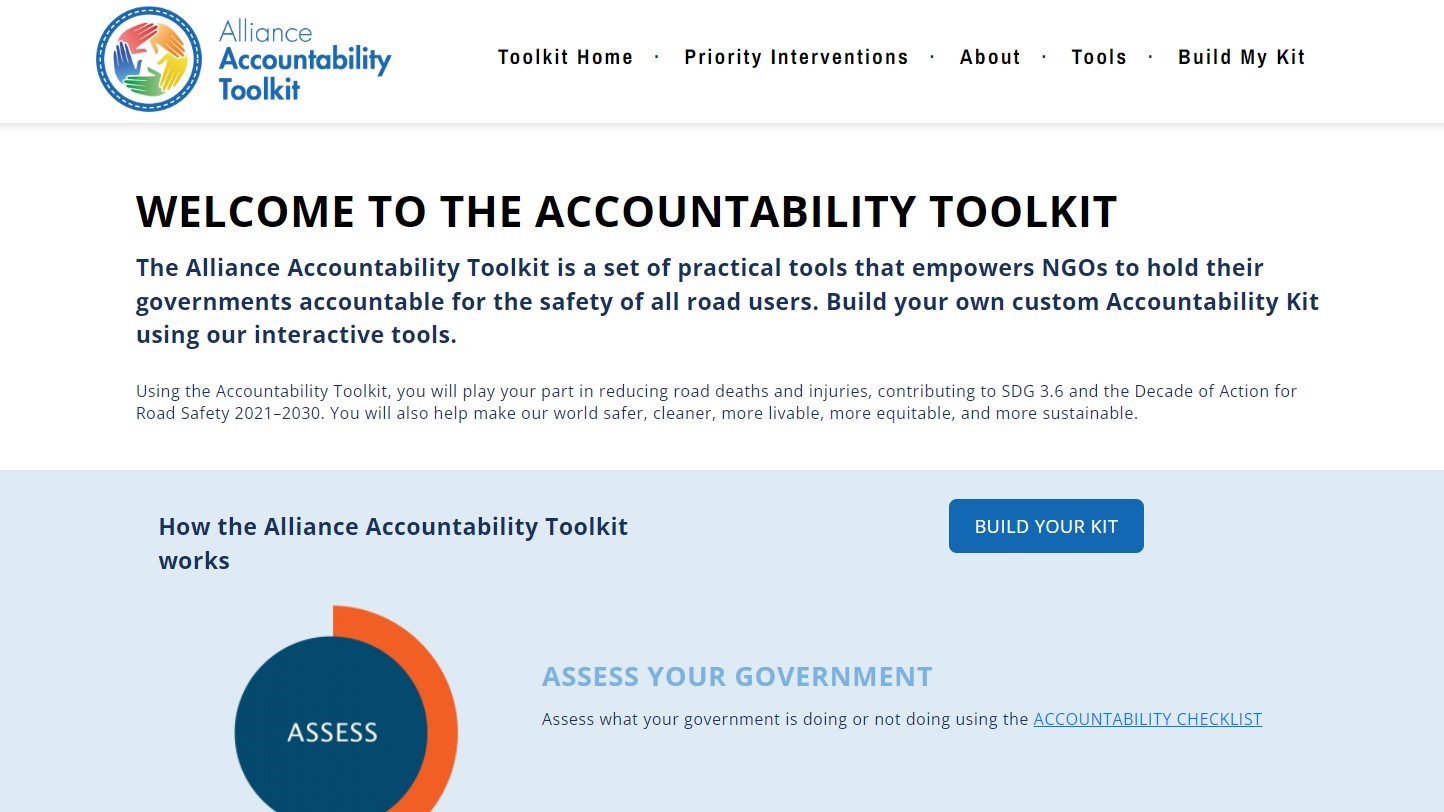
Today, the Alliance launches its Accountability Toolkit. The toolkit is a set of practical, web-based tools. It offers tangible steps to equip NGOs to hold their governments accountable for the safety of all road users by reducing road deaths and injuries by 50% by 2030, in alignment with the Global Plan for the Decade of Action for Road Safety 2021-2030 (Global Plan). Using the toolkit, civil society advocates can:

The Accountability Toolkit is underpinned by five Priority Interventions that have been proven to be among the most effective in reducing road deaths and injuries; have a common focus on protecting pedestrians, cyclists, and motorcyclists; have been identified by Alliance member NGOs as priorities for their countries; and build on recent global advocacy efforts. The five interventions that have been initially prioritized are:
Motorcycle helmet law with associated enforcement and promotion.
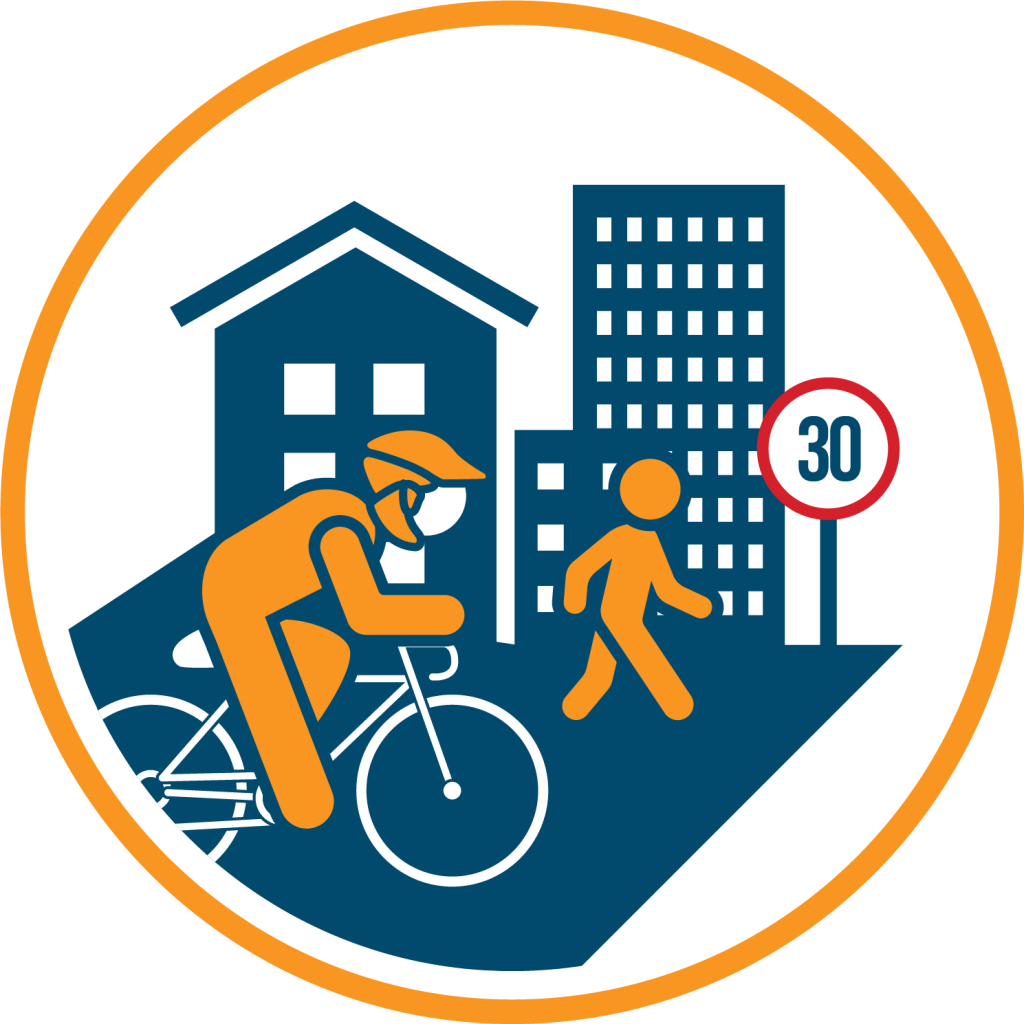
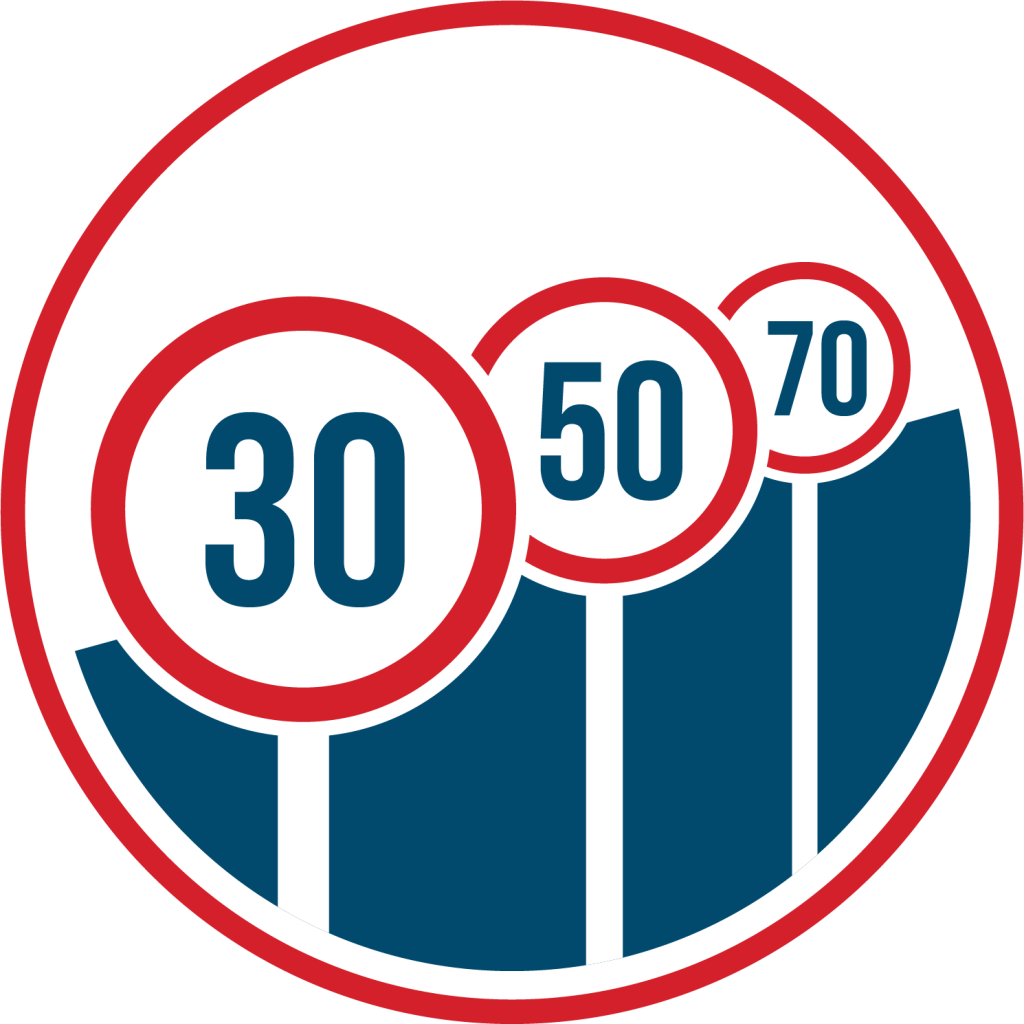
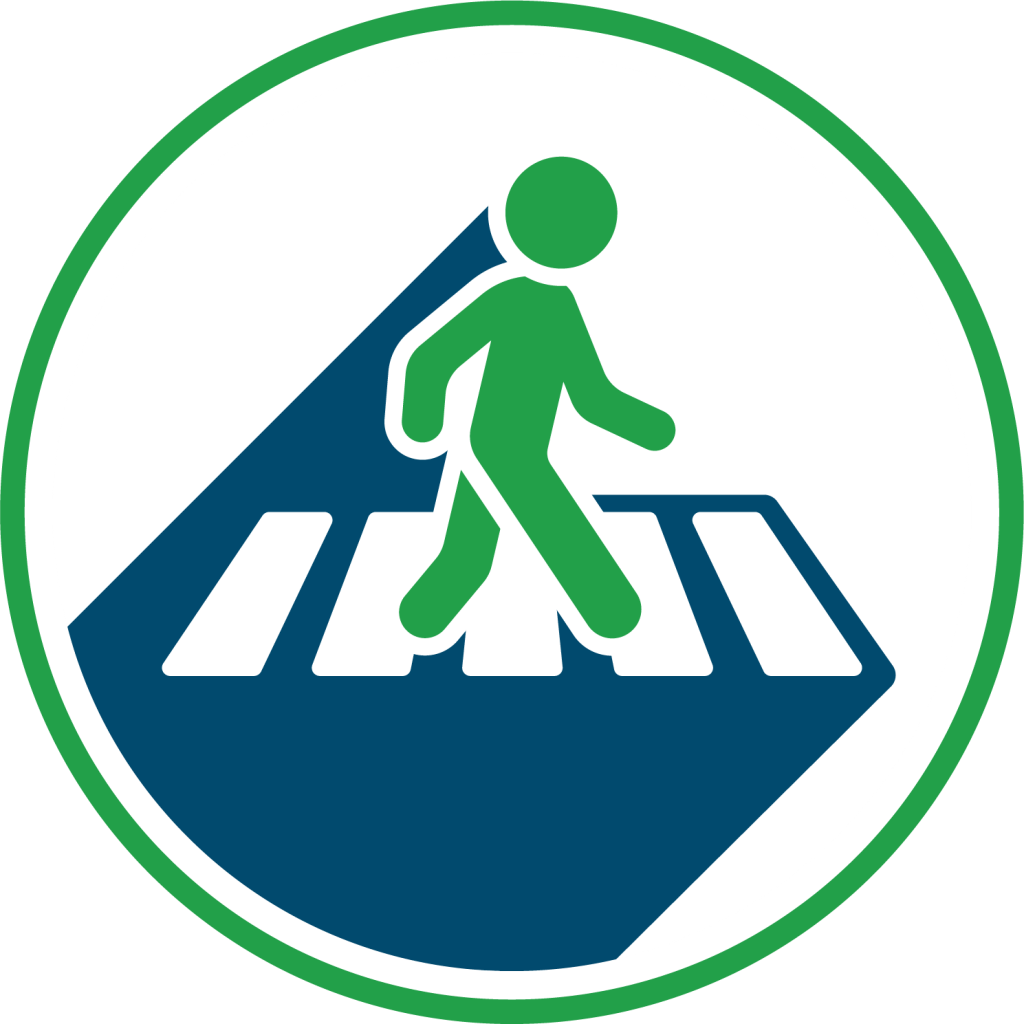
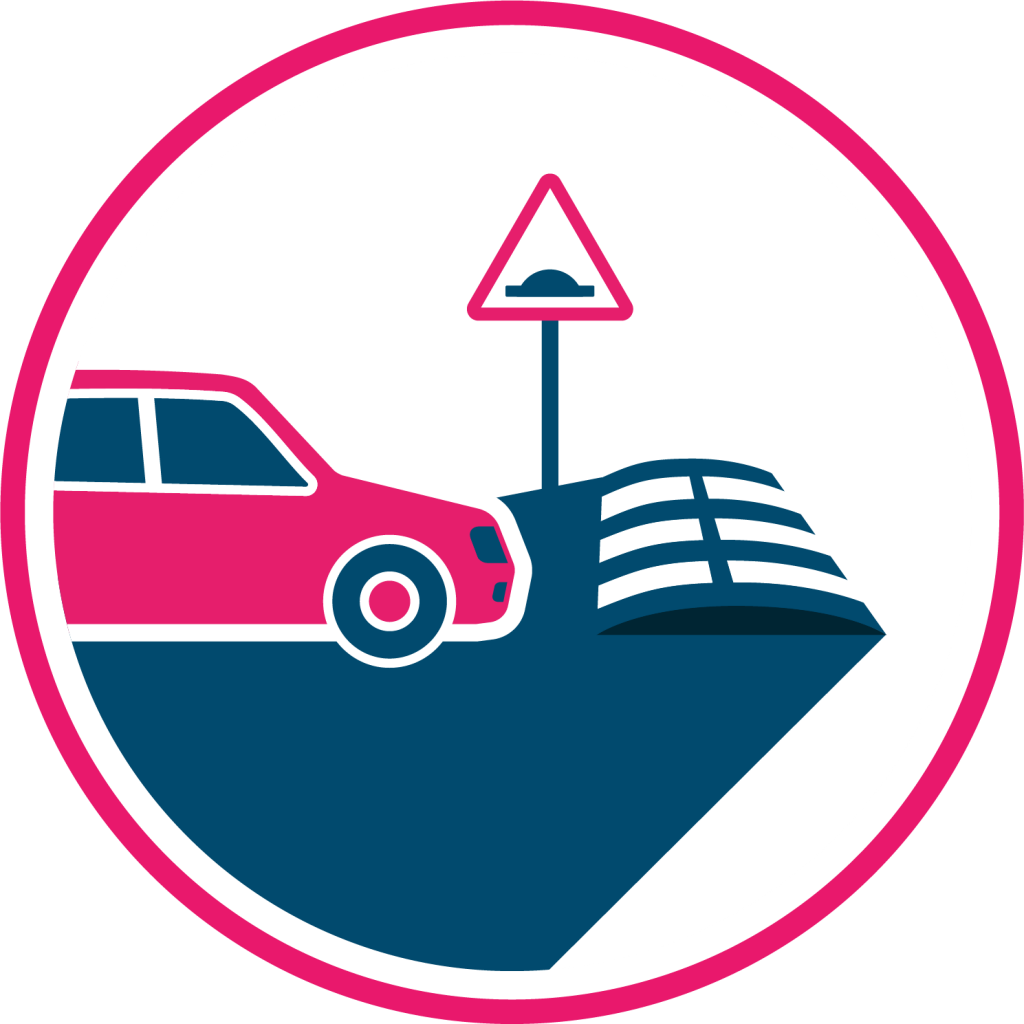
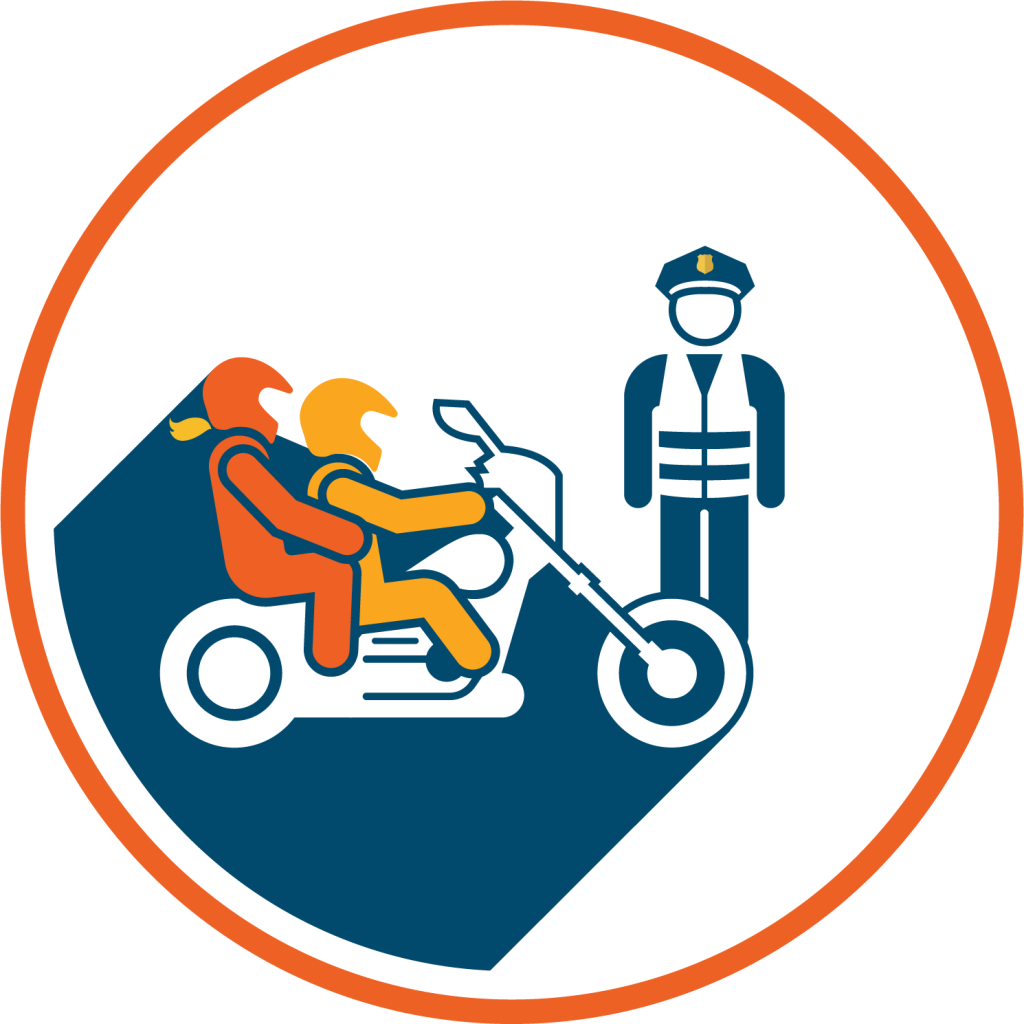
In launching the toolkit at the Global Meeting today, Lotte Brondum, the Alliance’s Executive Director said, “The Alliance has been talking about accountability for road safety since the launch of our report The Day Our World Crumbled: the Human Cost of Inaction on Road Safety in 2020.
“The Global Plan clarified NGOs’ mandate to hold their governments accountable for implementing road safety interventions based on evidence of what works, putting people at the center to make road safety a human right.
“The toolkit takes the abstract concept of accountability, and identifies tangible steps that NGOs can take to hold their governments accountable for their responsibility to enable every person to travel safely. Safe mobility is an enabler for many other rights: to education, to decent work, to safe and sustainable cities.
“It is our hope that the Accountability Toolkit will lead to greater transparency, increased investment and action, and a more effective and recognized role for NGOs, who are the eyes, ears, and voices of communities around the world.”